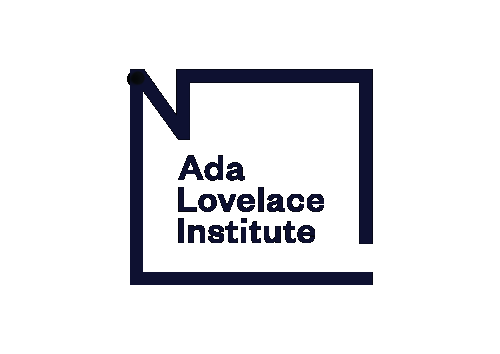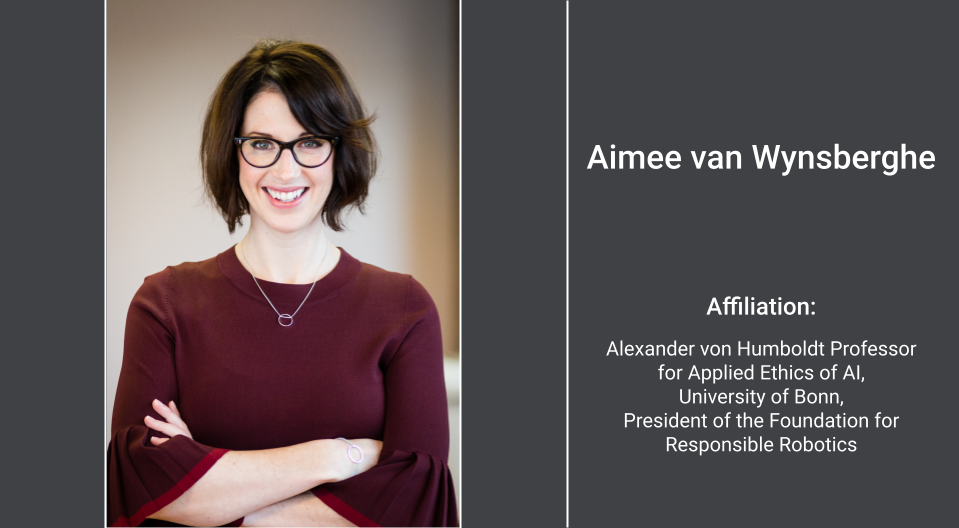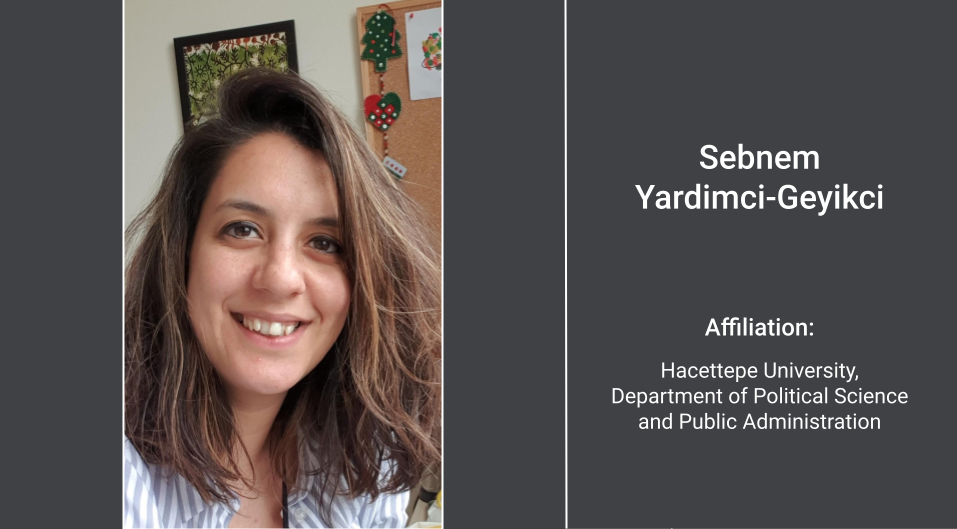The Data Pollution & Power - Initiative
The Data Pollution & Power (DPP) Initiative explores the power dynamics that shape the data pollution of AI across the UN Sustainable Development Goals. We examine the data of AI as a human and natural resource in data eco-systems of power and consider actions and governance approaches that are intrinsically interrelated in systems of power and interests. The initiative is led by the independent senior researcher Gry Hasselbalch.
It is set up at the Bonn University’s Institute for Science and Ethics’ Sustainable AI Lab.

DPP Group
The DPP Group is a cross-disciplinary group with diverse expertise and interests that cut across several of the UN Sustainable Development Goals. The core aim of the group is to debate, scope out, map and explore the interrelation of the data pollution of AI holistically across the goals.
Look out for minutes of the DPP Group meetings here:
Dissemination Partners - Anchors in Practice

The Mozilla Foundation's Data Futures Lab:


More to come!
DATA POLLUTION & POWER - White Paper for a Global Sustainable Development Agenda on AI (July, 2022)
Data Pollution is to the big data age what smog was to the industrial age. Our response to data pollution will develop much like our reaction to traditional forms of pollution—just much faster and hopefully with dedication and great force. This white paper describes a nascent environmental data pollution movement. It frames data pollution in the context of powers and interests exploring eight domains in which data pollution has the greatest impact: Nature, Science & Innovation, Democracy, Human Rights, Infrastructure, Decision-Making, Global Opportunities, and Time. The main objective is to ensure that data pollution of AI in particular is included in the global sustainable development agenda.
Download the white paper here.
What is Data Pollution about?
Conversation between Gry Hasselbalch and
Aimee van Wynsberghe
Gry:
I was thinking about the way in which the concept of ‘sustainability’ was articulated in response to the adverse impact on our physical environment in the Industrial Age and how this took form over the last 50 years. This idea of tackling something very concrete like pollution became a driver for entire new legal and policy frameworks, national and international environmental laws; it transformed industries, like the car industry, and drove forward the development of new industries and sciences, like ‘green tech’. We are in a similar process right now when it comes to data pollution. We have had policy and public debates on the privacy and social implications of big data since the early 2000s, we are having more serious conversations about the carbon foot prints of data storage and processing, and we have also in society started a conversation about the main power actors in this field. However, there is very little awareness about data pollution as an ‘environmental problem’ or as a disturbance of an entire ‘eco system’. What we need is a new green movement for data pollution, but for this to happen, we need a better understanding of the power dynamics that shape the field across different data pollution issues. Because power struggles and negotiations are core components of sociotechnical change and governance.
There are a lot of interests invested in the data of AI, and also a lot of hype about how AI can transform not only humanity, but the entire planetary eco-system for the better with the development of AI to achieve the UN Sustainable Development Goals. Here, I really like the way you, Aimee, frame the power dynamics of this debate by emphasising the sustainability
of AI instead of just
for sustainability. Can you tell me more about this?
Aimee:
I'm happy to tell you more about this Gry. For me, I see a huge increase in the use of AI to solve environmental concerns like energy reduction or predicting natural disasters and this is referred to as AI for sustainability. But it feels as if no one knows (and maybe it's being hidden from us on purpose) that the creation and application of AI itself creates an environmental impact; training and using AI algorithms creates carbon emissions. In a time when the world should be limiting carbon emissions it seems counterintuitive to me that we would use a technology that is itself unsustainable, to solve problems of sustainability. My goal is to investigate sustainability as an issue of AI ethics and to explore what happens if we place sustainability as the dominant value in AI development and implementation. Hence, I am interested in the sustainablity of AI; of making and using AI products. Interestingly, to do this we need to know more about the environmental impact of AI. And this is where I think there is an interesting discussion to be had re power dynamics. First, I don’t think it should be the sole responsibility of the consumer to limit their use of AI products. Of course we, the consumer, should be more aware and should limit ourselves, but it shouldn’t be just up to us. Second, governments need to start demanding that AI companies measure the carbon emissions from training and using AI. At a certain point we may have to think about a carbon cap or limiting the kind of things we use AI for once we know the extent of the damage being done. So who has the power, who should have the power, who should be limited and to what extent? These are the questions we should be asking now in order to re calibrate the asymmetry in power that we currently see when it comes to the collection and use of data.
Data Pollution and Power Dynamics
Interview with Gry Hasselbalch (April 2022)








